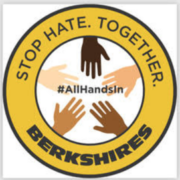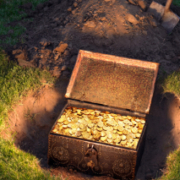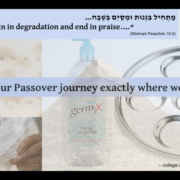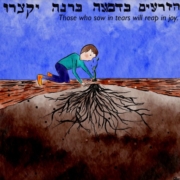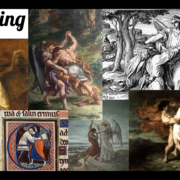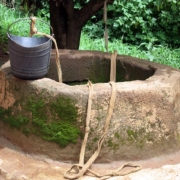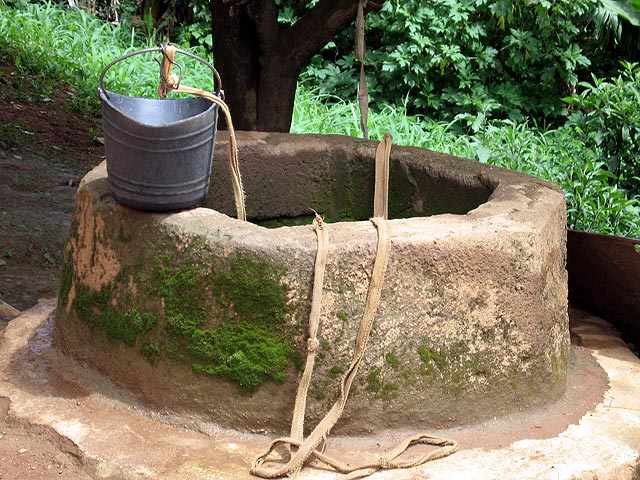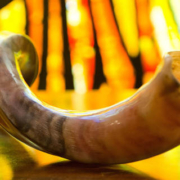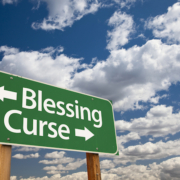When a person commits any wrong toward a fellow human being, thus breaking faith with YHVH, and that person realizes their guilt, that person must confess the wrong that he has done. They shall make restitution in the principal amount and add one-fifth to it, giving it to the one whom they have wronged. (Numbers 5:6-7)
Early in this week’s Torah portion, Naso, comes this injunction. The first thing that jumped out at me this year is that when a person wrongs another person, they are “breaking faith with God.” What commitment did we make to God that we break when we wrong each other?
Last weekend we stood at Sinai and received Torah anew, and Torah is full of ethical instructions about how to act justly and with compassion. That’s the promise we made to God: we’ll keep the mitzvot. When we harm each other, we fail to live up to that promise.
So this week Torah teaches: when we realize we’ve wronged someone, there are two steps we need to take. First, we admit the wrong. Then we make restitution — and then some. If I wronged you fiscally, I need to repay the money and add an additional one-fifth. If I harmed you in some other way, I need to go the extra mile to repair the damage I’ve done.
This week I learned that all of the people of color on Williamstown’s Diversity, Inclusion, and Racial Equity committee are stepping down because they are so disheartened. This week I learned that all of the people of color on Williamstown’s Diversity, Inclusion, and Racial Equity committee are stepping down because they are so disheartened. [Edited to add: I misspoke. Jeff Johnson will remain, though as an ex officio member. But five people of color are stepping down.]
Some of them received threats to their lives. Others received public attacks on their character. The questions they bring to the table — How inclusive are we? How welcoming? How safe and supportive? — are for all of us to answer together, but a lot of us — me included — didn’t participate or offer active support.
And I thought: I know what it’s like to be Jewish in a time of rising antisemitism. As Jews, we get exhausted naming and fighting antisemitism, especially if it feels like no one else notices or cares. When others pick up some of that load, their allyship helps us in all kinds of ways. As this recent volume attests, allyship is holy work. I saw the news about resignations from the DIRE committee, and I realized: I’ve fallen down on the job of being an ally to people of color in my community.
I didn’t mean to cause harm. I just… wasn’t paying attention. I hadn’t really thought much about how serving on that committee could be traumatic for people of color, because they’re always teaching the town’s white community what we don’t know about racial injustice. And we don’t always want to hear it. Sometimes we might be actively resistant to hearing about experiences of racism in our town. And sometimes we’re passively resistant, and we just don’t pay attention.
That kind of tuning out is a luxury I have as a person with white skin. It’s like the way a lot of Christians don’t notice antisemitism because it’s not directed at them. But when we treat racial justice as something we can choose either to notice or to ignore, that itself inscribes some harm. My inaction and inattention are part of the problem. I need to make this right, and this week’s Torah portion reminds me that really repairing damage requires me to go the extra mile.
I’m still figuring out what that means for me in practical terms. Paying more attention to town government. Using my voice as a clergyperson to speak up for those who are marginalized or have experienced injustice, especially people of color. Writing more letters to the selectboard, maybe. Educating myself (an essential component of the work of allyship.) Uplifting the voices and the needs of people of color in my town. (If you have suggestions, I welcome them.)
Though the DIRE resignations are heavy on my mind and heart this week, this isn’t just a Williamstown problem. This is work we all need to do, in all of the communities where we live.
Later in this week’s Torah portion, God instructs Moses to tell Aaron to offer certain words to the people. This is the origin of the words I say to my child every Friday night as Shabbat begins, the words I say to every b-mitzvah kid who stands on our bimah:
May God bless you and keep you!
May God’s presence shine before you and be gracious to you!
May God’s presence always be before you, and bring you peace.
The path our tradition offers us toward blessing and radiance and grace and peace is following the mitzvot. And that includes acting ethically, and protecting the vulnerable, and repairing what’s broken. It includes recognizing and confessing our missteps, and making restitution and then some.
So here’s my blessing for us this morning:
May we be strengthened in the holy work of allyship.
When we fall short, may we do what we can to bring repair.
When we can do that, we’ll feel God’s presence before us and within us and around us and between us. And then every place will be a holy place.
And let us say: amen.
This is Rabbi Rachel’s d’varling from Shabbat morning services this week (cross-posted to Velveteen Rabbi.)

